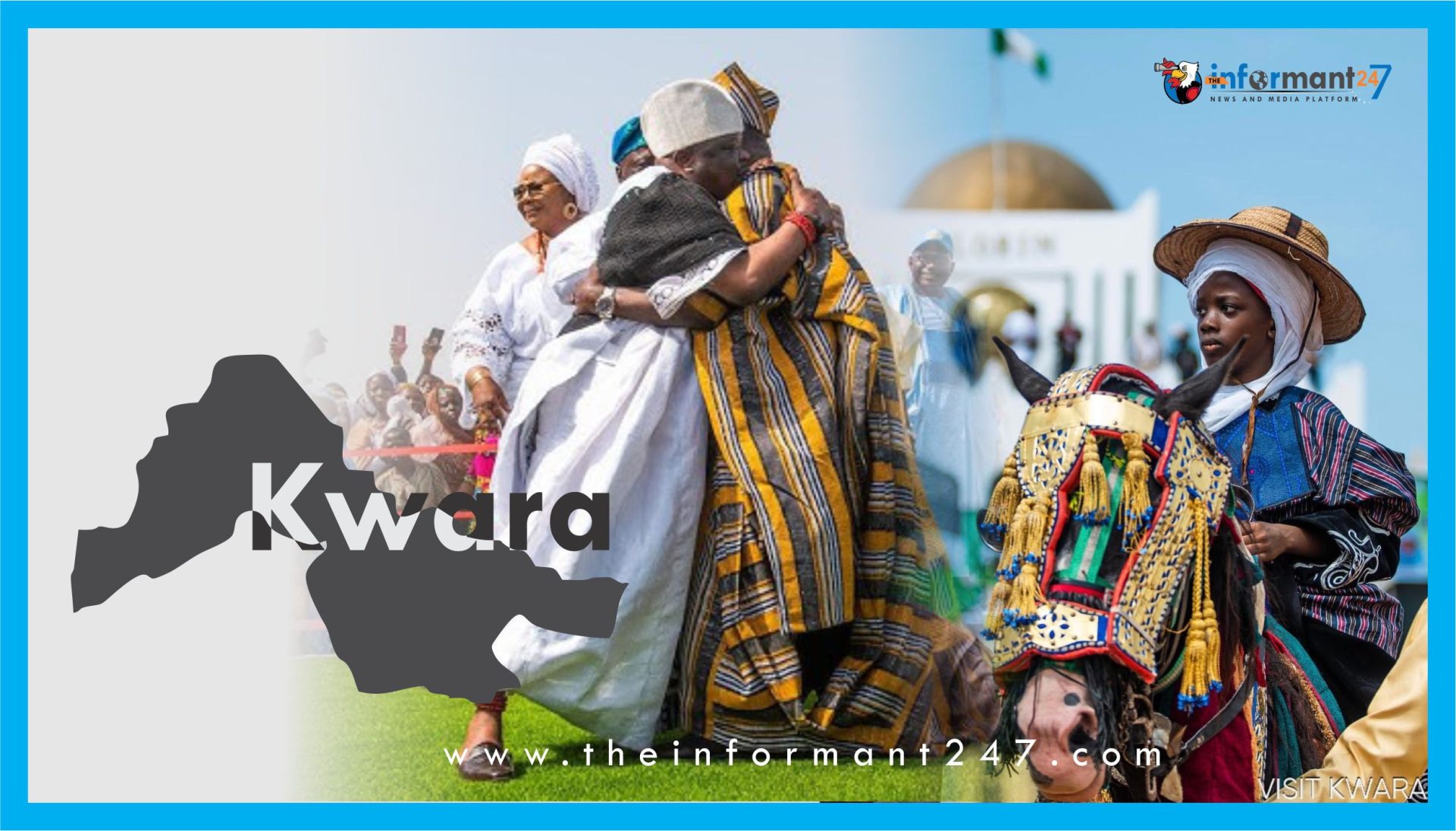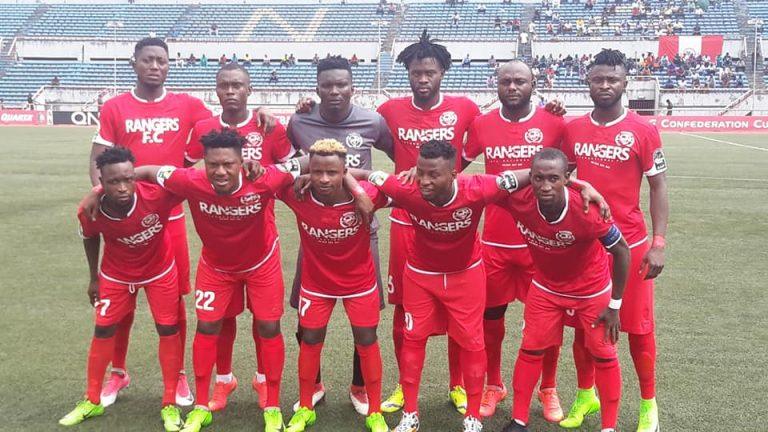Hidden cultural practices in Kwara State that the world should know about
Kwara State, located in Nigeria’s north-central region, is a treasure trove of cultural diversity and heritage. Beyond the well-known festivals and traditions, there are hidden cultural practices that remain largely unexplored by outsiders. These practices reflect the deep-rooted history and values of the people. Here, we uncover some of these fascinating traditions that deserve global recognition.
1. The Pategi Regatta: A Water Culture Extravaganza
The Pategi Regatta, held annually in the Pategi area, celebrates the rich aquatic lifestyle of the Nupe people. Unlike other regattas, this event is deeply symbolic, showcasing canoe racing, traditional watercraft designs, and songs that narrate ancestral stories. The festival reflects the community’s strong bond with the River Niger, which sustains their livelihood and spirituality.
2. Ijakadi Offa Festival: The Art of Wrestling
Ijakadi, meaning “wrestling,” is a traditional sport celebrated annually in Offa. It’s more than just a test of physical strength; it represents communal unity and the warrior spirit of the Offa people. During the festival, competitors engage in friendly bouts, cheered on by crowds, while traditional drummers set the mood with captivating rhythms. This event is an emblem of courage and fairness.
3. The Nupe Beads Craftsmanship
Nupe beads, locally known as “Abaji,” are handmade ornaments that carry cultural and spiritual significance. Artisans in Kwara State still use traditional methods to create these colourful beads, often worn during ceremonies like weddings and naming rites. The intricate designs and vibrant hues of Nupe beads make them a cherished art form, attracting collectors and tourists.
4. Esie Stone Images: Guardians of Mystical History
Esie, a small town in Kwara State, is home to a collection of mysterious stone sculptures believed to date back centuries. These sculptures, depicting human and animal forms, are associated with folklore about ancient inhabitants turned to stone. The Esie Museum, where these artifacts are housed, provides a glimpse into the cultural and spiritual beliefs of the region.
5. The Awon Mass Wedding Festival
In Shao, a town near Ilorin, the Awon festival is an annual event celebrating communal unity through mass weddings. Young maidens, often dressed in traditional attire, are ceremonially joined with their spouses amidst dancing and drumming. The festival symbolises fertility, harmony, and the preservation of cultural identity.
6. Traditional Pottery of Okelele
The Okelele community in Ilorin is renowned for its age-old pottery techniques. Women in the area craft pots using clay from local sources, a skill passed down through generations. These pots are not only functional but also serve as decorative pieces that tell stories of heritage and ingenuity.
7. The Egungun Masquerade of the Yoruba People
The Egungun festival is a vibrant and mystical celebration practised among the Yoruba communities in Kwara State. While many know about its significance in other Yoruba regions, the unique Kwara version integrates local music, costumes, and rituals that honour ancestors. The Egungun masquerade performances are believed to connect the living with the spiritual realm, offering blessings and guidance.
Conclusion
Kwara State’s hidden cultural practices are a testament to its rich history and the resilience of its people in preserving their traditions. By exploring and celebrating these unique customs, the world can gain a deeper appreciation for the cultural tapestry of this remarkable Nigerian state. Whether it’s the spiritual Egungun festival, the artistic Nupe beads, or the mystique of Esie stone images, each practice holds a story waiting to be shared.
So, when next you think of cultural tourism, let Kwara State’s hidden gems top your list!







